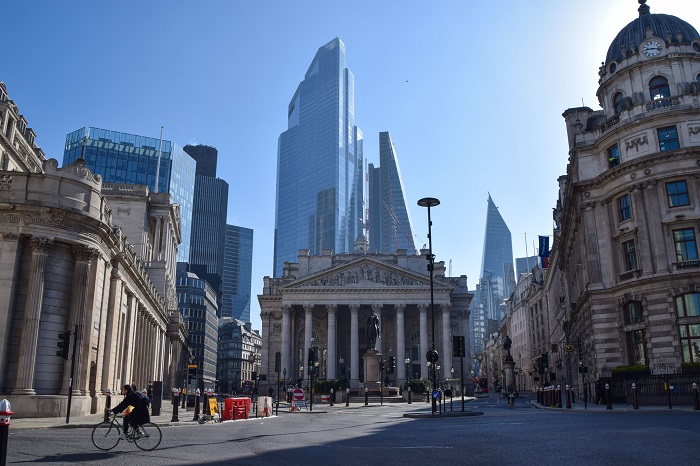economy news bulletin news
Britain’s annual inflation rate dropped sharply in July to below seven percent, official data revealed Wednesday, off the back of lower energy prices and in line with economists’ expectations. bulletin news
The Consumer Prices Index rose by an annual rate of 6.8 percent, down from 7.9 percent in June, the Office for National Statistics said in a statement.
The CPI rate is the lowest in 15 months, and met the predictions of analysts, including the Bank of England, which had forecast that rate of growth for July.
However, the UK’s inflation rate has for months remained the highest among G7 nations despite the bank hiking its key interest rate more than a dozen times since late 2021 in a bid to tame it.
Although there was a fall in gas and electricity prices in July, food prices continued to rise, but less quickly than the same month a year earlier.
Prime Minister Rishi Sunak has set a target of halving inflation through this year to around five percent by the end of 2023.
He said Wednesday’s figures showed “the plan is working”.
“If we stick to the plan I’ve set out, we’ll get it done,” Sunak added.
Data published Tuesday showed that UK unemployment increased in the three months to the end of June while wages grew at record annual pace.
ved-jj/rox
© Agence France-Presse. All rights are reserved.
economy news bulletin news
Notes from APS Radio News
Reportedly because of what was being called a “pandemic”, a number of the world’s central banks embarked on massive programs of monetary expansion, starting in late February and early March of 2020.
For its part, between the early part of March of 2020 to over a year later, the US Federal Reserve added over $4 trillion to its holdings, by purchasing billions of dollars’ worth of Treasury bonds and corporate bonds each month during that period.
As well, at that time it kept interest rates rather low.
Other central banks, including the Bank of Japan and the European Central Bank, followed similar policies.
In addition, during that period many countries engaged in lockdowns; many small and medium-sized businesses and enterprises were shuttered by way of orders issued by public health officials, politicians and various administrators.
One of the direct causes of those shutdowns was the development of shortages.
According to a number of economists, the combination of shortages of various goods and services and massive programs of “quantitative easing” led to substantially higher rates of inflation.
In consequence of shuttered economies and higher rates of inflation in the first world, less developed countries suffered greatly, due, in part, to shortages of supplies and due to lowered demand.


